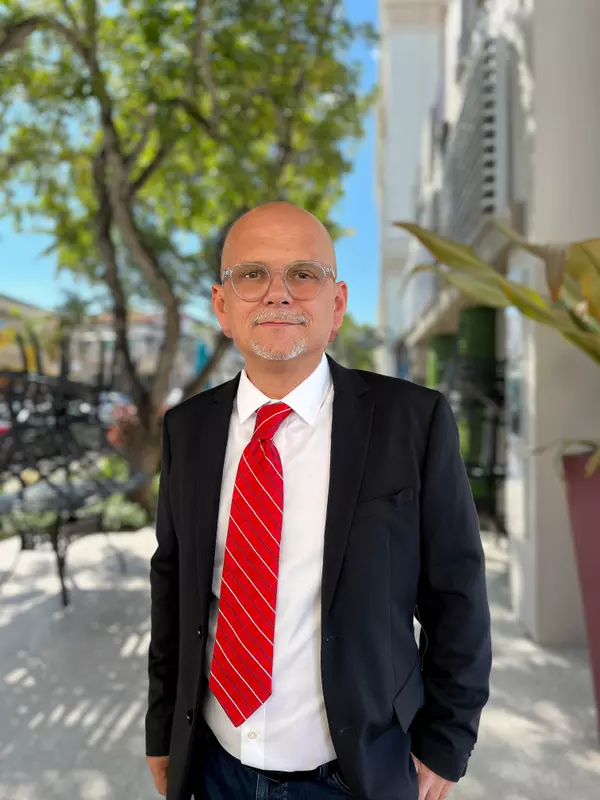Reverse mortgage lenders log Q2 profits amid home equity, AI push
The publicly traded companies in the reverse mortgage space were largely profitable in the second quarter of 2025, despite a challenging macroeconomic backdrop.
As a group, they posted $1.2 billion in originations in Q2 2025, compared to $1 billion in the first quarter. Executives pointed to stronger demand for home equity products among seniors, as well as internal investments in artificial intelligence (AI).
HousingWire‘s Reverse Mortgage Daily reviewed the Q2 2025 earnings results from Finance of America (FOA); Ellington Financial, the parent company of Longbridge Financial; and Onity Group, the parent of PHH Mortgage Corp. and Liberty Reverse Mortgage.
FOA reported an $80 million profit in the second quarter — flat compared to the first quarter but a sharp turnaround from the $5 million loss in the same period last year. CEO Graham Fleming attributed the performance to “consistent execution, rising profitability, and the growing relevance of home equity solutions for retirement.”
FOA’s origination volume topped the high end of its quarterly guidance, reaching $602 million from April through June — a 7% increase from the prior quarter and 35% higher year over year.
Home equity in the spotlight
Longbridge posted a $10.7 million profit in Q2 2025, reversing a $1 million loss in the prior quarter. Its origination volume rose to $427 million, up from $338.4 million, with its wholesale and correspondent channels accounting for 72% of production versus 28% from retail.
“Longbridge generated a robust $0.13 per share of ADE (adjusted distributable earnings) in the second quarter, and its ADE contributions should be further supported by the recent launch of its HELOC For Seniors program,” Laurence Penn, Ellington’s CEO and president, said in a statement.
FOA President Kristen Sieffert cited Home Mortgage Disclosure Act (HMDA) data showing that the volume of subordinate-lien loans for senior borrowers rose to $49 billion in 2024 — up 20% year over year.
“Finance of America is meeting this demand through our HomeSafe Second product, while a significant opportunity remains ahead as we continue to expand its reach through digital integration,” she said.
At Onity, profitability was slimmer. The company maintained “marginal profitability” in its reverse mortgage unit, originating $166 million from April through June — down from $176 million in the first quarter and $184 million in Q2 2024.
“Higher rates for an extended period have limited the amount of benefit a reverse borrower can realize on a new loan,” Sean O’Neil, Onity‘s chief financial officer, said during the company’s second-quarter earnings call. “Reverse experienced lower volumes on lower margins but was still able to deliver a profitable quarter.”
Tech playing a larger role
Reverse mortgage lenders are also leaning heavily on technology to drive efficiency and scale.
FOA, which in June rolled out the industry’s first digital prequalification tool, plans to launch an AI-powered virtual call agent in Q3 2025.
“AI is playing a pivotal role here, accelerating development, boosting operational efficiency, and improving analytics and document management,” Sieffert told analysts.
Onity is pursuing a similar path. CEO Glen Messina said the company has deployed AI-driven data extraction across more than 190 processes, which performs the work of about 400 employees and saves roughly 57,000 hours of manual labor each month.
Categories
Recent Posts









GET MORE INFORMATION

Stevan Stanisic
Real Estate Advisor | License ID: SL3518131
Real Estate Advisor License ID: SL3518131
